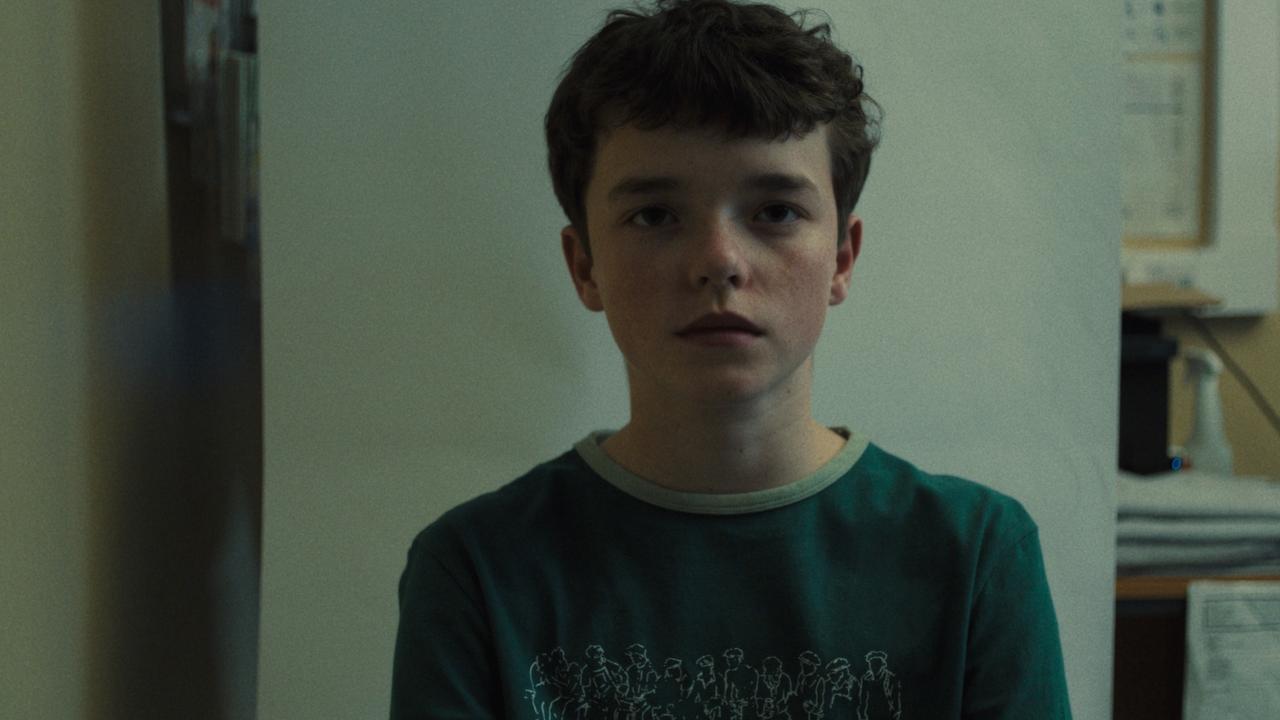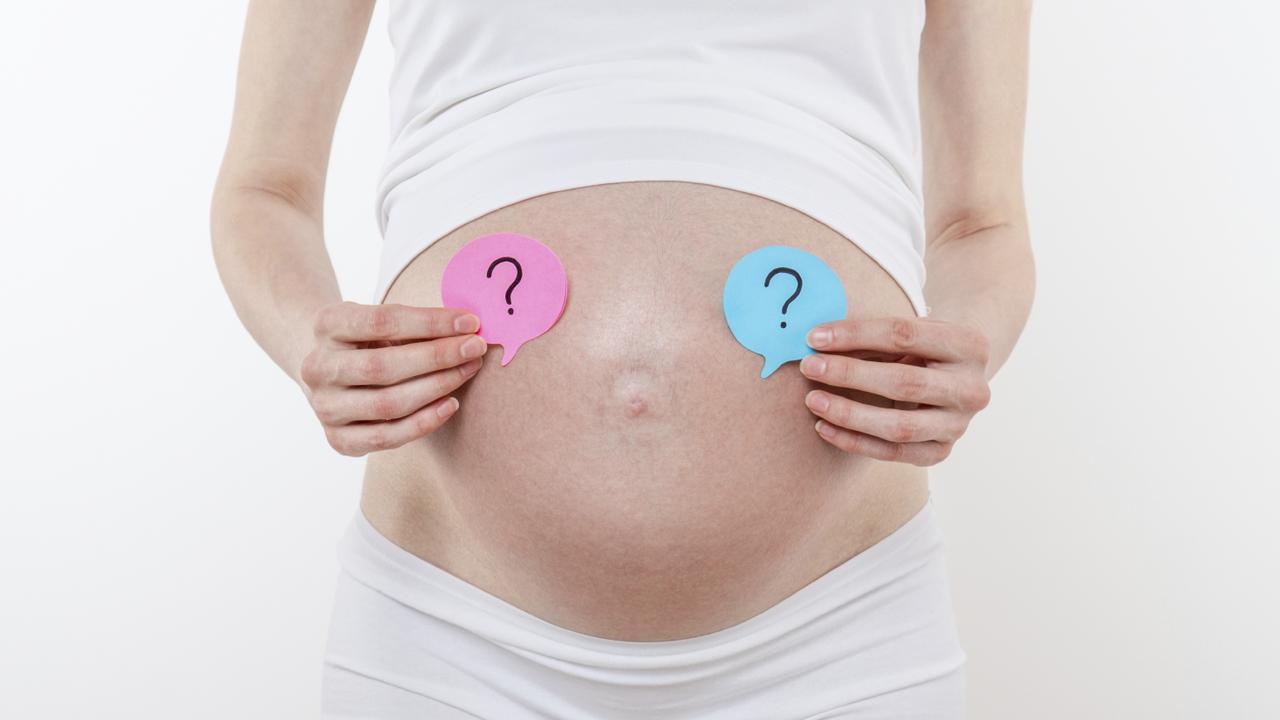Vaccine passports for major events should be the norm; it makes sense
We should get used to the idea major events will only be open for the vaccinated after the MCG outbreak proved what’s at risk.

Going to the footy is no longer just a pleasant family outing – it’s now a potentially life-threatening event.
That’s why no-jab, no-entry policies for all major events and travel will eventually become the norm.
It makes sense.
One further step could even include proof of a recent negative Covid test before entry.
Look at how things are tracking overseas, where vaccination rollouts are months ahead of Australia.

It’s inevitable that people who have been vaccinated here will have exclusive access to events, such as football games, restaurants and nightclubs.
Those who have not been jabbed will miss out.
The risks are already evident here in Victoria. A member of the household of a man who caught the virus at the footy is gravely ill in ICU.
Two mates – one of whom was unknowingly infected – went to the MCG. Within a week eight other footy fans had contracted the virus and spread to dozens and dozens more.
There are now 3900 primary contacts at the MCC alone.
Fans have also been infected at the rugby at AAMI park.
A party in NSW where 24 of the 30 people attending became infected shows the difference vaccination makes. The six people at the party who were vaccinated did not pick up the disease.

As vaccination rates gradually rise, Victoria will become a state divided between vaccinated and non-vaccinated.
The distinction has been flagged in relation to the AFL Grand Final on September 25.
Premier Daniel Andrews said he was open to the idea.
“Once we’ve got many, many more people with the jab, we can then have a discussion about what that might mean for them, freedom of movement, changes that deal with some of the risks we face,” he said.
At this point such a mandate is premature because of the painfully slow national vaccination rollout.
Only 11 per cent of Australians are fully vaccinated and 17 per cent have had one dose of the vaccine.
At current rates, it will take eight more months to get 45 more million doses administered.
We cannot introduce different rules for those who are vaccinated until everyone has had a chance to be fully jabbed.
In the United States those who have been vaccinated and those who have not are treated differently. The vaccinated sit in different sections at sporting matches and other cultural events and have much more freedom to travel.
Those who are unvaccinated have to adhere to social distancing and wear masks. Unvaccinated children can sit with vaccinated parents.
It’s the way things are going.
Let’s hope jab access restrictions for the footy and other events will motivate more people to get vaccinated when they are eligible.




